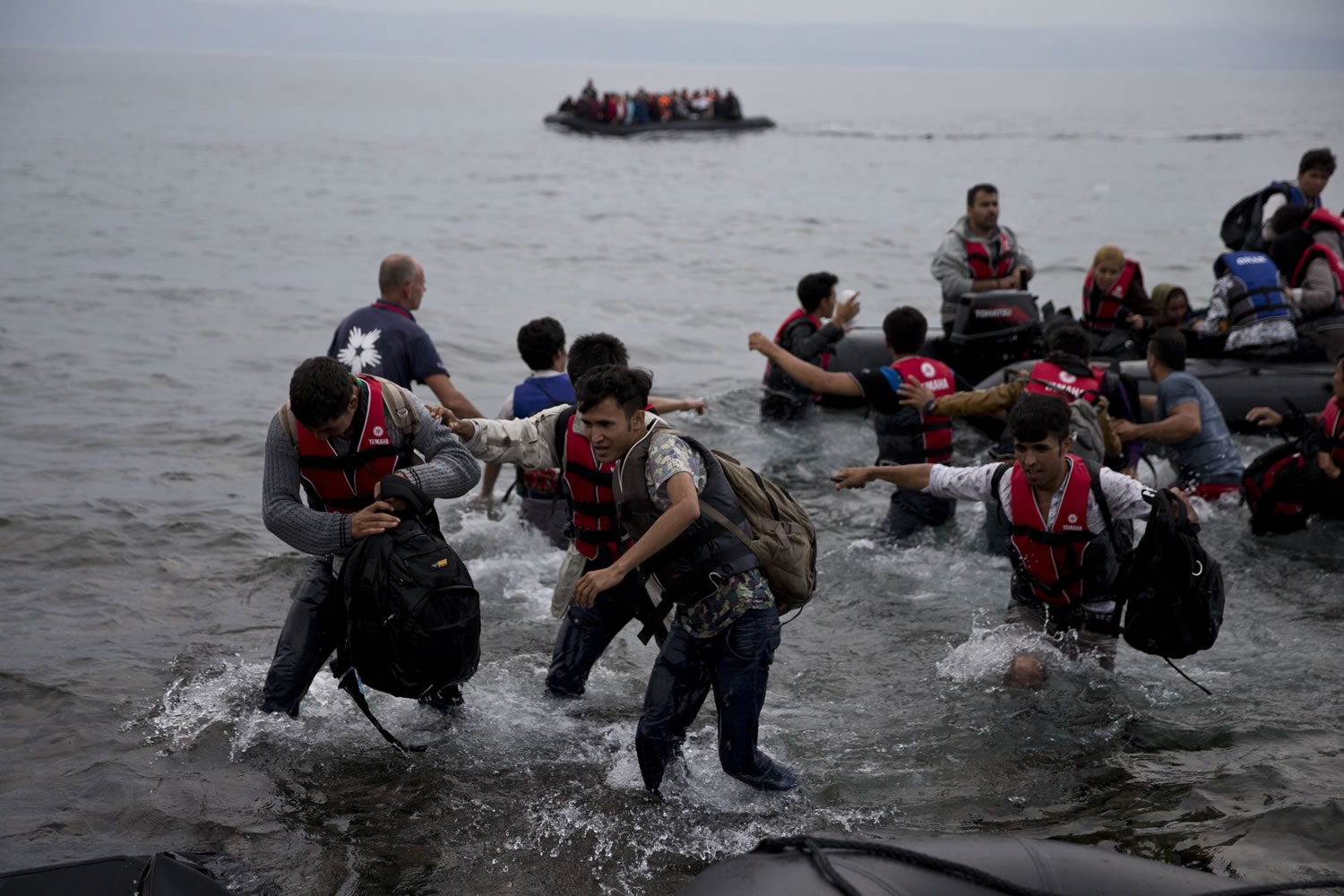BRUSSELS — Deeply divided European Union ministers agreed Tuesday to relocate 120,000 asylum-seekers to ease the strain on Greece and Italy on the front line of the migrant flood. But a senior European leader conceded the move was only a small step toward resolving one of the worst crises ever faced by the 28-nation bloc.
The Czech Republic, Slovakia, Romania and Hungary voted against the plan, and it’s unclear if they will implement it. Those nations have resisted accepting the forced resettlement of refugees. Slovakia would rather breach the measure “than accept such a dictate,” said Prime Minster Robert Fico. His Czech counterpart, Bohuslav Sobotka, added: “It’s a bad decision, and the Czech Republic did all it could to block it.”
EU leaders will meet Wednesday evening in Brussels to try to adopt a unified approach to the crisis that has seen 477,906 people stream into Europe from the Middle East, Africa and Asia, according to U.N. refugee agency estimates. Some European countries have reinstated border controls to stem the flood, and Hungary has built a razor wire-topped fence on its Serbian border.
EU Commission First Vice President Frans Timmermans insisted that all member states “respect the outcome” of the relocation plan. But even Timmermans conceded it was only a small step, and plenty more remains to be done.




